When you think of a bank, you might think of it as the place that keeps your money safe for you. The reality is that banks are in the business of collecting as many deposits as possible and then making loans against those deposits to earn interest. The safety of your money is only a concern so far as to keep you feeling okay about having the money there.
Bank security misconceptions
Here are a few common misconceptions about bank security:
Misconception 1: I am covered by FDIC insurance, so I will be okay even in the case of fraud.
Reality: FDIC insurance only covers your account against bank failure. It does not cover fraud. It is up to bank policy how cases of fraud are handled.
Misconception 2: The bank will help stop fraud on my account.
Reality: It depends on the bank. Banks are not in the business of vetting transactions and making sure fraud does not happen. They shift that responsibility to you. The bank may not have an effective monitoring system in place to stop fraud before it happens.
Misconception 3: If there are fraudulent transactions, the bank will help fix it.
Reality: You may or may not be reimbursed for fraudulent charges, depending on your bank’s policy. Often, there is a period of time after which you will be responsible (i.e. if it’s more than 60 days ago, there is no reimbursement because you did not catch it). For certain transactions, like wire transfers, there is no “undo” button. Once the money is gone, there is no getting it back. Some banks may not have effective transaction verification procedures in place (i.e. they get paperwork and the transaction takes place).
Fraud cases in banking
Our team member, Natasha, worked in the call center of a bank and dealt with fraud cases. Here are two of the horror stories she remembers:
- A hacker used an older lady’s debit card to subscribe to online services. Once we caught it, the hacker had spent over $400. Because it was over a period of multiple months the bank would only refund half of it because she hadn’t caught it, saying it was her fault.
- Fraud between family members is super common. You never want to believe that someone could do that. I had one woman call and because her bank account had been overdrawn by around $400. It turned out to be her granddaughter that stole money from her. She had to file a police report and the fraud department gave her a very tough time due to it being a family member.
- We had an older man who was scammed by someone. He appeared to have wired a decent amount of money out of his account. Sadly, we couldn’t do anything for him.
These kinds of things happen every day. Fortunately, there are a few things that you can do to secure your account. Remember, fraud prevention is your responsibility.
How to practice bank security and keep your money safe
- Do not use a debit card for transactions. Credit card companies are much better at spotting fraud, and much easier to work with to remove and refund any fraudulent transactions.
- Do not hold large amounts of money in a checking account.
- Monitor your transactions.
- Do not link your bank account with online payment apps (such as Paypal, cash app, etc.)
- If available, turn on notifications for transactions on the account. It’s usually the easiest and quickest way to correct things immediately.
- If you have large sums of money, hold them in an account without check writing or online access (such as an investment account). For example, in accounts opened with Milestone Wealth Management, we require a verbal confirmation of any transaction. Furthermore, we require additional paperwork for any third-party transaction. We have protected our clients from many fraudulent attempts to gain access by using these security practices.
These are just some of the ways in which you can help improve your security. If you have further questions, we would love to hear from you. Call or send us a message today.
Together, we can work to keep your money safe.
This material is not intended to replace the advice of a qualified tax advisor, attorney, or accountant. Consultation with the appropriate professional should be done before any financial commitments regarding the issues related to the situations above are made.

